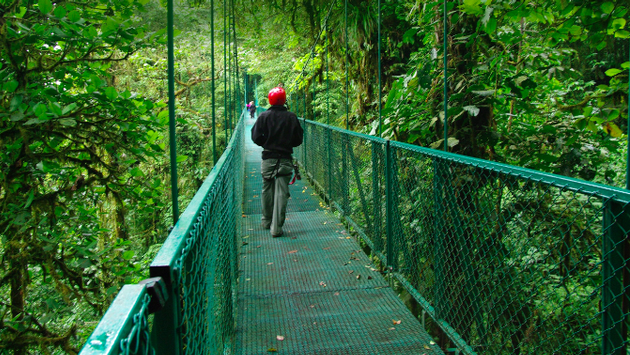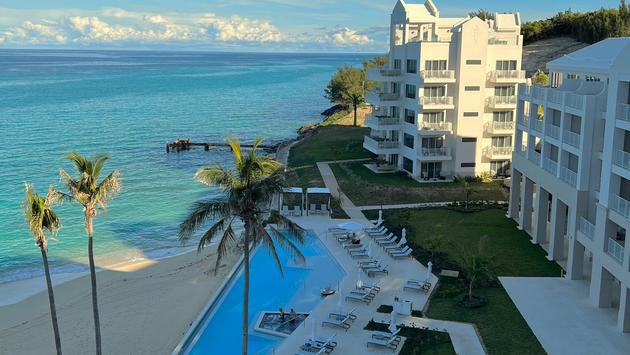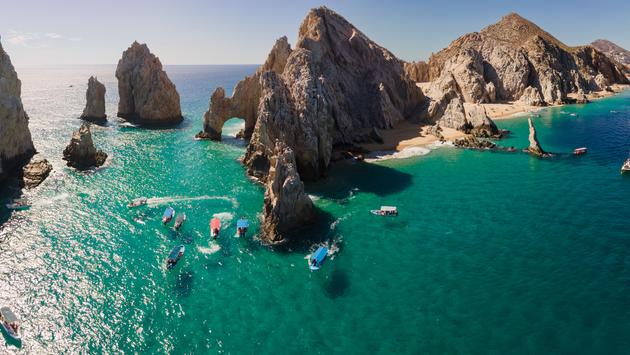- by travelpulse
- 01 Apr 2023
Ecotourism on the Rise in Latin America
After the impact of the COVID-19 pandemic, travelers from Latin America have realized the importance of outdoor tourism and connecting with nature.
- by travelpulse
- 14 Aug 2022
- in travel

After the impact of the COVID-19 pandemic, travelers from Latin America have realized the importance of outdoor tourism and connecting with nature.
As a result, ecotourism has become a highly desirable option for travelers who are now actively seeking eco-friendly experiences when planning their trips.
This trend has caused many travel agencies and tour operators in the region to increase their offer of services focusing on plans that include trips to natural areas rich in the diversity of flora and fauna, in addition to promoting outreach to communities established in those areas with the idea of supporting conservation, low environmental impact as well as the economic benefit of the localities.
Although the indicators say that the growth of this travel segment is increasing in Latin America, it is still in a process of consolidation, as Francisco Madrid, who is Director of the Center for Research and Competitiveness in Tourism (CICOTUR) of the Anahuac University, in Mexico, tells TravelPulse.com.
"We have learned from the results we see in Mexico, that tourism of the future looks a lot like tourism of the past," said Madrid. "Some segments, such as nature tourism, seem to be activating, but on the whole, that makes a marginal contribution. The most important is in more robust segments such as conventional sun and beach tourism or cultural tourism in Mexico. We know that there is a lot of interest, we know that there are many travelers who want to meet in the space of nature, but on the whole, they are still a fairly small part."
Among the countries that stand out in the development of ecotourism in Latin America are Panama and Costa Rica, nations with great biodiversity and a lot of ecotourism programs. It should be noted that others such as Brazil, Mexico, Peru, Chile, Ecuador, Argentina, and Colombia, to mention a few others, have established protection zones for wild flora and fauna, as well as initiatives to reduce significantly the carbon footprint in the operations of hotels with the fulfillment of standards in favor of the conservation of nature, as well as respect for the tradition of the original cultures.
This trend has resulted in the growth in the number of eco-friendly accommodations offering guests gastronomy based on local organic products and furniture made with local textiles, for instance.
- by travelpulse
- descember 09, 2016
Resort Casinos Likely Scuttled Under Amended Bermuda Legislation
Premier announces changes to long-delayed project
read more




